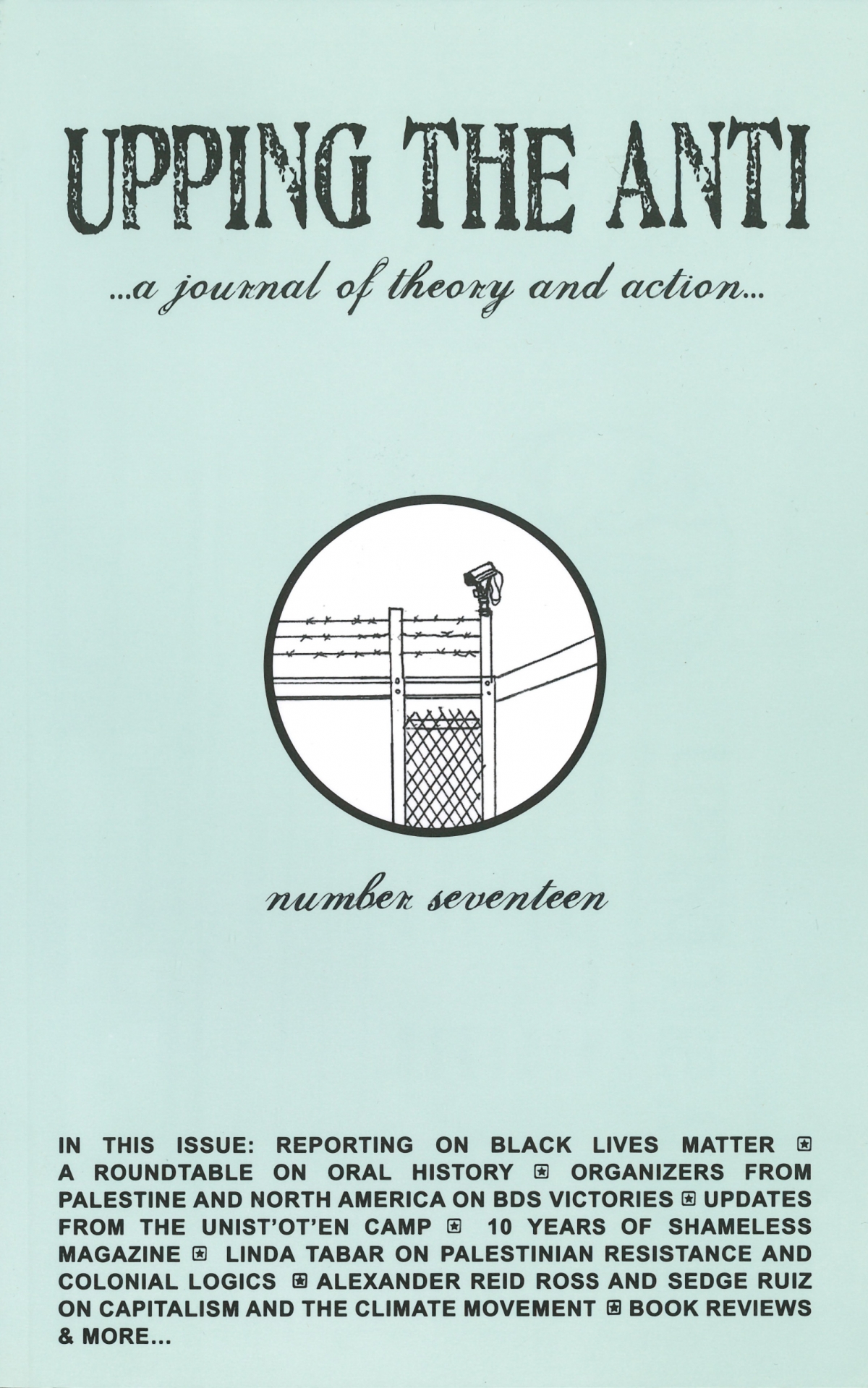Critique and Experimentation: Anti-Authoritarian Organizing Strategies in Anglo-America
Another Politics: Talking Across Today’s Transformative Movements
A review of Chris Dixon's Another Politics
The world is running amok. Police-based, economic, military, political, and environmental crises assault the masses of humanity with increasing frequency and intensity. People are struggling. From police shootings of racialized youth to people losing their homes, from the disproportionate burden of ecological harm borne by poor and racialized communities to military occupations and campaigns of aerial bombardment, violence is a rampant feature of our world. Ferguson, New York, Detroit, New Orleans, Elsipogtog, Haditha, Raqqa: one has only to speak the names to recall the vicious geography produced through the racialized, colonial, capitalist political economy. However, as cracks open within the existing order, the seeds of resistance find fertile ground.
Chris Dixon’s new book, Another Politics: Talking Across Today’s Transformative Movements, digs into the roots of resistance, examining the emergent strategies of anti-authoritarian organizers in North America. Dixon specifically focuses upon an anti-authoritarian tendency broadly defined by two elements: first, a fundamental opposition to structures that limit people’s autonomy and self-determination. Second, a commitment to grassroots approaches to community organizing. Borrowing a phrase from the Zapatistas popularized through the 2007 US Social Forum, Dixon refers to this developing set of anti-authoritarian politics, strategies, and practice as “another politics.”
To read this article in full, purchase your copy of Upping the Anti here.

